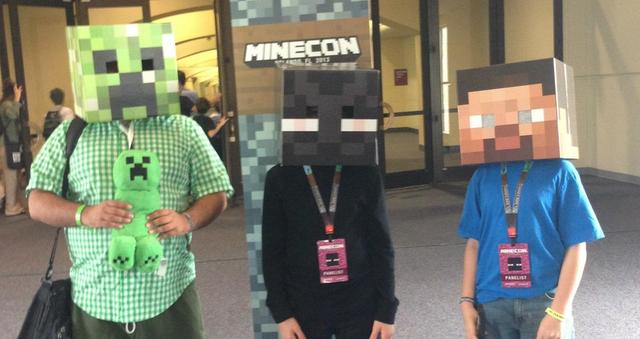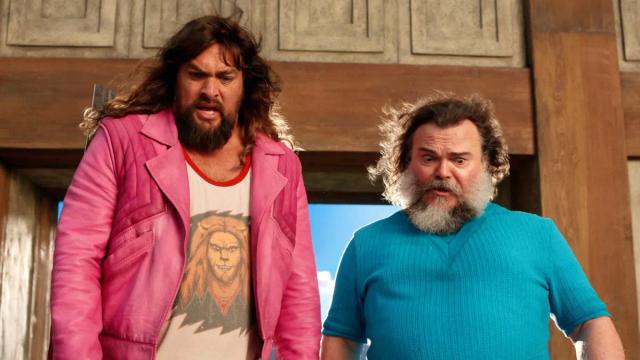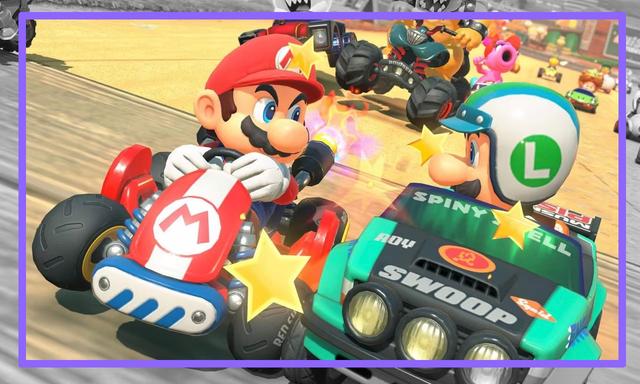If you click on a link and make a purchase we may receive a small commission. Read our editorial policy.
Ben Sisko was always my Star Trek captain
Say what you will about Jean-Luc Picard or Kathryn Janeway; Ben Sisko was the Star Trek captain who embodied what it means to be human.

I know it’s sort of blasphemy to say this, but I never really liked Star Trek: The Next Generation.
The series premiered when I was a freshman in college. For its first couple years I used to watch it every week with my friends. A lot of them loved it. But for me it was as baffling as playing Dungeons & Dragons. Even as I loved Patrick Stewart’s “What if the English of the future all spoke like Shakespeare” performance, I just couldn’t understand the appeal. In fact something about it left me feeling unsettled and trapped.
Almost six years later, a new Star Trek show debuted, Deep Space Nine. Pretty much from the jump it announced itself as something radically new for Trek. Instead of roving around the universe, it was set at an outpost, in an area that had been through a long-term Israel/Palestine-type conflict. The newly-free Bajorans had a deep religious tradition, placing spirituality at the heart of the series in a way that no Star Trek show had done either before or has done since.

And its lead, Commander Benjamin Sisko (Avery Brooks) was not only the first Black lead on Star Trek, but he also actively loathed Jean-Luc Picard. And where, on TNG, the characters who disliked Picard were always villains, of course, here the series actually sided with Sisko. The pilot begins with Picard-as-Locutus-led Borg attacking Sisko’s ship, killing his wife. Three years later Sisko comes to DS9 only because he’s ordered to; now a single father to teenage son Jake, the idea of accepting another dangerous job is anathema to him.
When the two meet in the pilot, not only does Picard show zero empathy for Sisko’s dilemma, he actually describes Sisko’s desire to protect his son as a “luxury” Starfleet officers don’t get to have. When Sisko says he’s looking at other options, Picard seems to take it as a challenge and more or less threatens Sisko with being fired immediately. To write Picard in such a callous company man fashion was a shocking choice by writers Rick Berman and Michael Piller, a suggestion that away from the gauzy myth-making of the Enterprise, the real Picard was a lot less noble. (It’s exactly that take on the character that the creators of Star Trek: Picard would mine so brilliantly 30 years later.)

But even more astonishing in that scene is Brooks’ performance as Sisko. When he and Picard meet, he is incandescent, infuriated that is he to be asked to take orders from the man who killed his wife. And as Picard tries to bully Sisko with calls to duty, Sisko actually shuts him down; he doesn’t need the man who murdered his wife to remind him of his goddamn duty. I’m not sure there’s a moment in all of TNG where someone whom we are meant to respect interrupts Picard, let alone towers above him as he does so. Even now, the scene seems incredibly transgressive.
But for me, it was also an unexpected relief, and one that I would feel many, many times watching DS9. Tell me all the ways you loved TNG and I’ll listen respectfully, but looking back, I think I found that show had an underlying agenda that frightened me. It wasn’t just that everything was wrapped up too easily. With rare exceptions, the normal mess of being human, the conflicts, fears, uncertainties and passions, didn’t seem to be tolerated. In the cases where it was present, like Ryker’s temper or insatiable sex drive—other than Kirk, has any Star Trek character ever been as messy in his personal life as Will Ryker?—human mess was either ignored, or, as in the case of Wesley Crusher, actively victimized, blamed, and driven out.

I didn’t like Wes myself, not at all. But on some level I also recognized the cruelty hidden beneath the veneer of this “perfect” community, the things it required to be suppressed. And like many socially awkward kids, I had plenty of experience with being on the receiving end of that, without any sense of what I had done wrong in the first place, or how to be “better.” How to be “good.”
DS9 in general and Avery Brooks’ performance as Ben Sisko represented everything that TNG refused to accept—a show where conflict amongst the characters was allowed, yes, but also one where people were allowed to be messy in an ongoing way—impetuous and fiery in the case of Kira Nerys, distrustful and afraid in the case of Odo, arrogant and really kinda creepy in the case of Julian Bashir. (90’s Starfleet so needed an H.R. department.)
And rather than some higher ideal, as Picard stood in TNG, strutting across the galaxy with Shakespearean diction and an impossibly unwrinkled uniform, Brooks’ Sisko was just like his colleagues, a man who made mistakes, who fell in love, who lost his temper, who could be arrogant, awkward or even scary, and he absolutely adored his son. Ultimately, like everyone else on DS9, and also all of us watching, he was also a character on a journey to a hopefully deeper, more generous humanity.

Last week Star Trek fandom hosted the first ever Sisco Day, which involved an entire day of online panels with people like DS9 showrunner Ira Steven Behr, actor Aron Eisenberg (DS9’s “Nog”) or current actors Tawny Newsome (Lower Decks) and Celia Rose Gooding (Strange New Worlds) talking with Cirroc Lofton, DS9’s Jake Sisko, about their love for Avery Brooks and Ben Sisko. Organized by Lofton, it was a massive hit, trending on Twitter for more than 24 hours and garnering in some cases tens of thousands of views.
Brooks is generally very shy about press. But I can only hope that he watched some of the panels or saw the fan comments pouring through all day (which at one point actually reduced Lofton to tears). Because his performance has inspired a lot of people. Personally, he and DS9 both gave me hope that there was room in the universe for complicated, messy (and sometimes just kind of goofy) human beings like me. Rather than driving messiness out to serve some higher ideal, they suggested that there were places where people, real people, could be accepted and embraced by others who were no different, and together boldly go out into the universe to share our gifts and make a difference.

Follow Popverse for upcoming event coverage and news
Find out how we conduct our review by reading our review policy
Let Popverse be your tour guide through the wilderness of pop culture
Sign in and let us help you find your new favorite thing.
















Comments
Want to join the discussion? Please activate your account first.
Visit Reedpop ID if you need to resend the confirmation email.